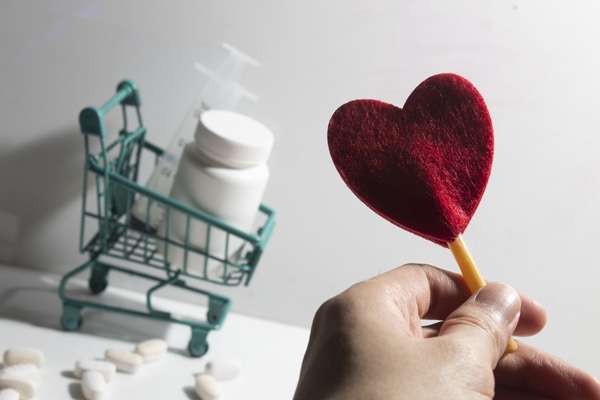How Pharmacies Are Supporting Wellness, Not Just Illness

For decades, pharmacies have been viewed primarily as places to pick up prescriptions when you’re already unwell. But today, that image is changing, and fast. Modern pharmacies are shifting from being strictly medication dispensers to becoming active partners in promoting overall wellness. It’s a change that reflects the evolving needs of patients and the growing understanding that staying healthy isn’t just about treating symptoms, but about preventing illness in the first place. A More Holistic Approach to CareWalk into many pharmacies today, and you’re likely to find more than shelves of medications. You might be greeted by a nutrition display, a consultation area, or even a pharmacist offering guidance on stress management or lifestyle changes. This shift is intentional. Pharmacists are highly trained healthcare professionals, and their role is expanding to include support for long-term health, helping people maintain wellness rather than waiting for illness to strike. They’re uniquely positioned to do so. Unlike a doctor’s office that may require appointments and long wait times, pharmacies are often open daily and easily accessible. This makes them an ideal first stop for many health-related concerns. Preventive Health Services on the RiseOne of the most significant ways pharmacies are supporting wellness is through preventive care. Many offer vaccinations, blood pressure screenings, cholesterol checks, and even glucose monitoring, services that were once exclusive to clinics. These quick, walk-in services allow patients to track their health metrics regularly and catch issues early, before they become more serious. For instance, identifying elevated blood sugar levels during a routine pharmacy screening could prompt a patient to consult their physician earlier and make lifestyle adjustments that prevent the onset of diabetes. Pharmacies are also playing a role in early detection of conditions like hypertension, high cholesterol, and even depression, thanks to newer screening tools and pharmacist-led counseling. Guiding Healthier HabitsPharmacists today are increasingly becoming health coaches, not just dispensers of medication. They can counsel patients on smoking cessation, weight management, sleep hygiene, and even nutrition. These conversations, while informal, can be powerful and often guided by licensed pharmacists and seasoned healthcare executives who understand the broader picture of patient care. For patients managing chronic conditions like high blood pressure or asthma, pharmacists can help fine-tune treatment plans and ensure medications are used correctly, supporting not just symptom relief but long-term quality of life. In some community pharmacies, personalized health plans are even becoming available. These programs combine medication management with tailored wellness strategies, providing patients with realistic goals and step-by-step support. Mental and Emotional Wellness Matters, TooAs public conversations around mental health continue to grow, pharmacies are becoming safe, accessible spaces to seek information and support. Some now offer screenings for anxiety and depression or partner with local mental health providers to guide patients to care. Pharmacists can also flag potential medication interactions that might contribute to mood changes or fatigue, offering both reassurance and solutions. Wellness Is the New StandardThis growing emphasis on wellness is not about replacing the doctor, it’s about extending the reach of care. Pharmacies, especially those rooted in communities, are meeting people where they are, day to day. They’re promoting health in ways that are approachable, consistent, and empowering. The next time you stop by the pharmacy, you may just walk out with more than your medication; you leave with the knowledge, tools, and encouragement to stay well for the long run. |